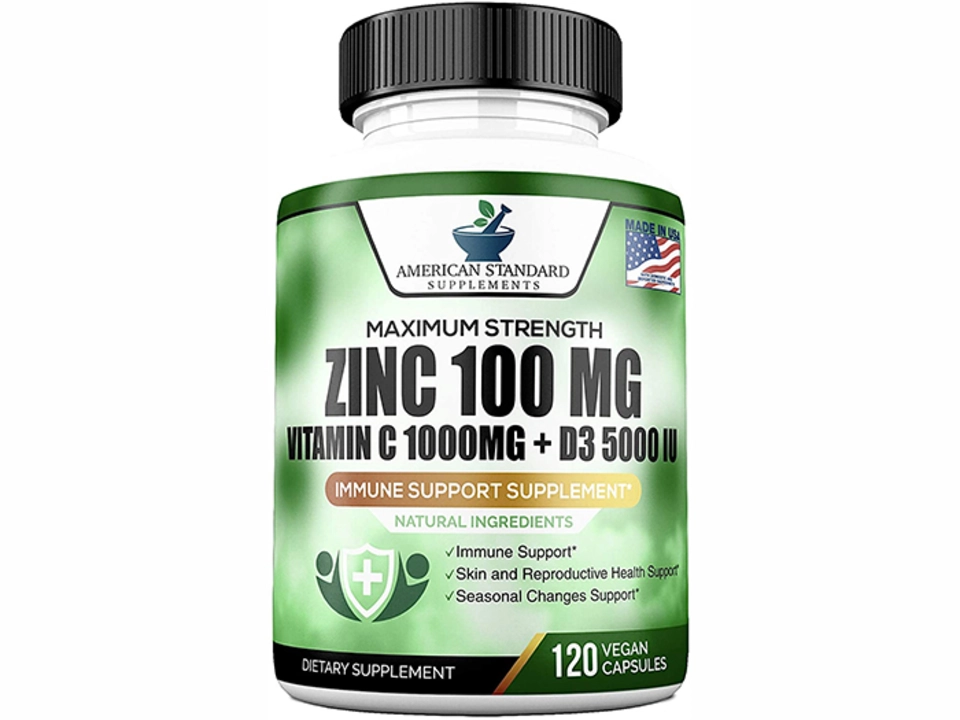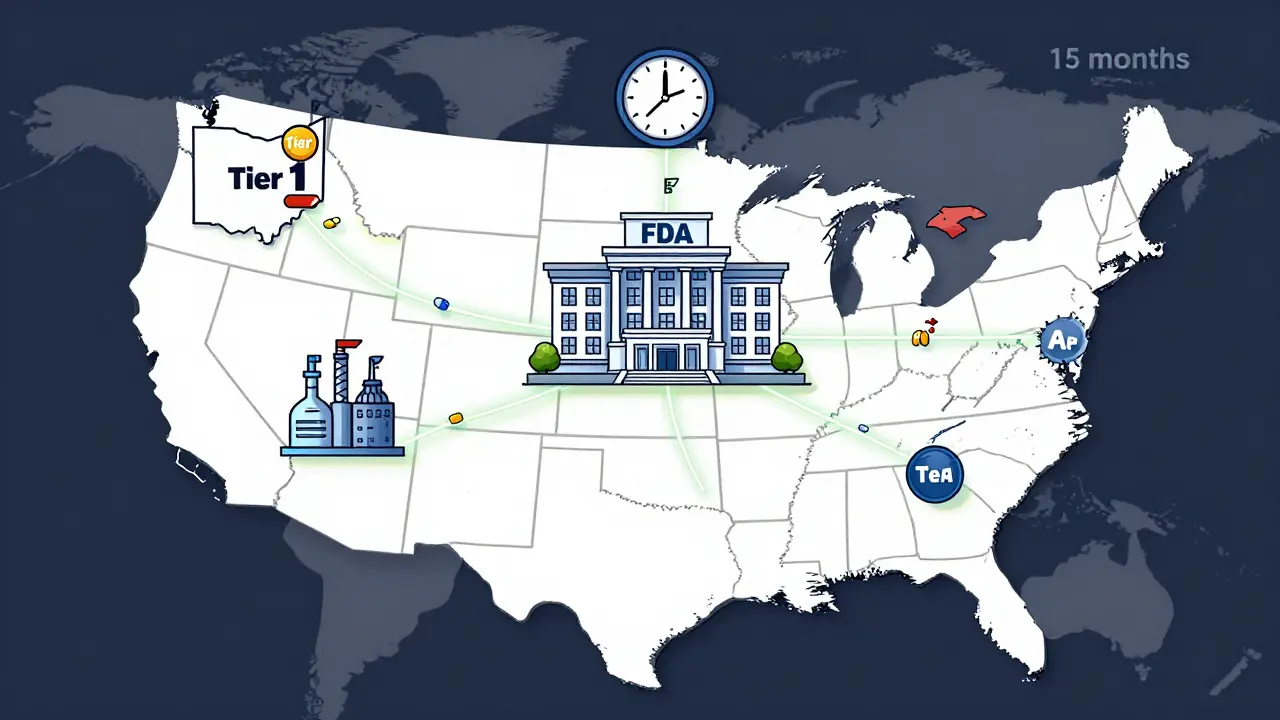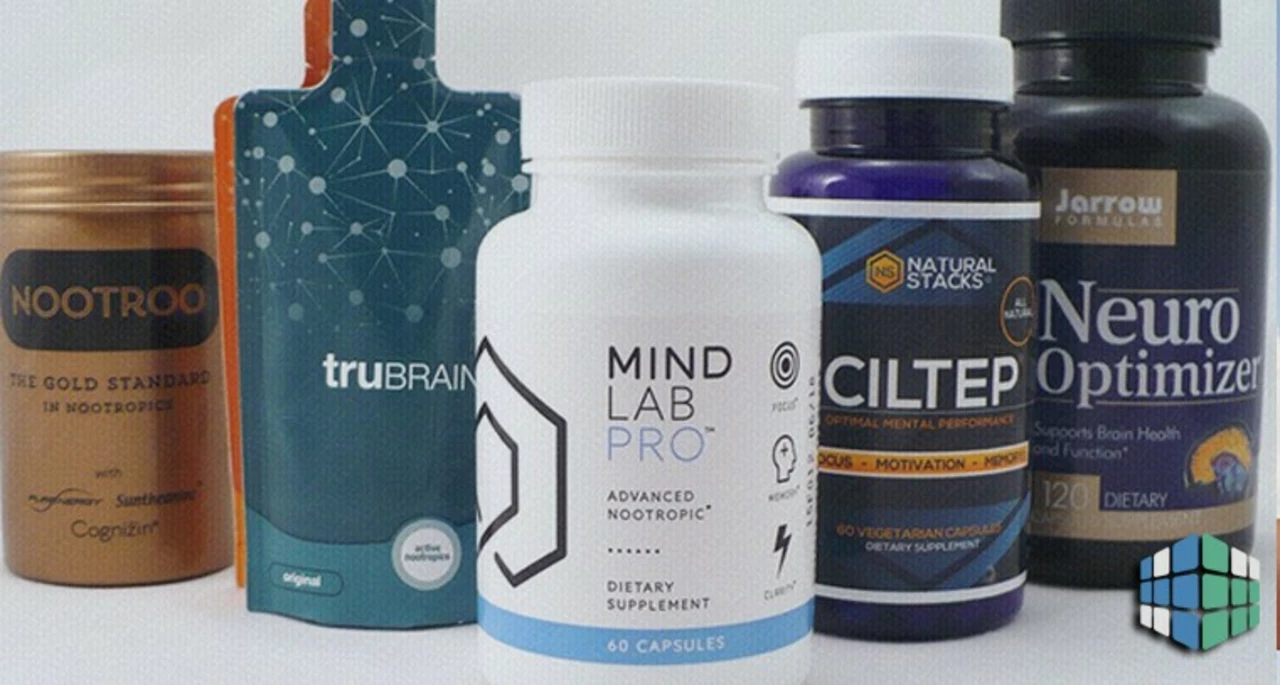Your memory isn’t just a brain story. It’s a blood vessel story. Most of the preventable risk for dementia runs through the same arteries that feed your heart. The upside? You can tilt the odds. And you don’t need fancy biohacks-just the same moves that protect your ticker, done consistently, with a few brain-specific tweaks.
What you’ll get here: plain-English science on the heart-brain link, the numbers that matter, a step-by-step plan you can start this week, and answers to the awkward questions people ask their GP in private. I’m in Sydney, so I’ll also flag where Aussie guidelines and options fit.
- TL;DR: Midlife blood pressure, cholesterol, diabetes, and smoking shape late-life dementia risk. Treating them early changes the slope of decline.
- Targets work: in SPRINT MIND, intensive BP control cut mild cognitive impairment and combined outcomes; lifestyle packages like FINGER improve cognition.
- Atrial fibrillation, sleep apnoea, hearing loss, and depression all raise risk-and all are treatable.
- No supplement beats a boring combo: BP meds, statin if needed, Mediterranean-style diet, regular exercise, sleep, social connection.
- In Australia, ask your GP for a Medicare-funded Heart Health Check if eligible; it’s the easiest on-ramp.
Why your heart shapes your brain’s future
Your brain burns through 15-20% of your blood flow. When the vessels are stiff, narrowed, inflamed, or irregularly supplied, neurons pay the price. That’s why cardiometabolic risks show up years later as memory and thinking problems.
Blood pressure: high systolic pressure batters small brain vessels, leading to “white matter hyperintensities” and tiny silent strokes. In the SPRINT MIND trial (JAMA, 2019), targeting systolic BP <120 mmHg (vs <140) reduced mild cognitive impairment and the combined outcome of MCI + dementia by about 19%. That’s a real-world prevention signal.
Cholesterol and atherosclerosis: LDL-C drives plaque in carotid and cerebral arteries. Plaques limit flow and can shower micro-emboli. Observational studies link atherosclerosis to faster cognitive decline. Statins lower vascular events, which lowers vascular dementia-the most common non-Alzheimer’s cause of dementia.
Atrial fibrillation: AF causes irregular flow and micro-clots. Meta-analyses show ~30-40% higher dementia risk in people with AF, even without a major stroke. Appropriate anticoagulation cuts stroke risk and likely lowers cumulative brain injury.
Diabetes and insulin resistance: high glucose damages small vessels and fuels inflammation. Advanced glycation end products hurt white matter. Diabetes roughly doubles dementia risk; better glucose control lowers small-vessel damage and slows decline, especially in midlife.
Sleep apnoea: repeated oxygen dips stress vessels and raise blood pressure. Treatment with CPAP improves daytime function and may reduce amyloid burden over time.
Midlife matters. The Lancet Commission (2020; 2024 update) lists modifiable risks across the life course-midlife hypertension, obesity, hearing loss, and later-life smoking, depression, inactivity, and diabetes among them. Change the midlife curve and you change late-life outcomes.
Lifestyle packages work. The FINGER trial (Lancet, 2015) combined diet, exercise, cognitive training, and vascular risk control and improved cognition in at-risk older adults. The WW-FINGERS network is showing similar patterns across countries. People with higher American Heart Association “Life’s Essential 8” scores had lower dementia risk in UK Biobank analyses (JACC, 2023).
Bottom line: protect heart health and you protect brain health. Same highway, different destinations.
What to do now: a cardiometabolic game plan for brain protection
Here’s a simple, realistic playbook. Start where you are; run the basics well.
- Book a check. Ask your GP for a Heart Health Check (in Australia, Medicare funds this for many adults 45+, and from 30+ for Aboriginal and Torres Strait Islander peoples). Bring a week of home BP readings if you can.
- Know your numbers and set targets. Get BP, fasting lipids, HbA1c or fasting glucose, weight, waist, kidney function. Ask for a 5-10 year cardiovascular risk estimate.
- Blood pressure first. Aim <130/80 mmHg if safe and tolerated; discuss <120 systolic if you’re a good candidate (as per SPRINT MIND). Combine lifestyle with meds (often 2-3 agents work best). Home BP monitor? Yes-upper-arm, validated; measure morning and evening for a week.
- Lower LDL-C. If your risk is moderate-high, consider a statin. Dietary moves (more plants, fewer ultra-processed foods) help; ezetimibe or PCSK9 inhibitors are options if targets aren’t met.
- Square up to glucose. Prediabetes? Focus on weight, movement, fibre, and sleep. Diabetes? Individualise HbA1c (usually around 6.5-7.0%). Ask about SGLT2 inhibitors or GLP‑1 receptor agonists if you have cardiovascular risk-they protect heart and kidneys.
- Eat like the Mediterranean met Sydney. Pattern over perfection: vegetables, fruit, legumes, whole grains, nuts, olive oil, fish; limit processed meats, refined carbs, and excess salt. Think “half-plate plants, quarter lean protein, quarter whole carbs.”
- Move daily, lift twice. Target 150-300 minutes/week of moderate cardio or 75-150 vigorous, plus 2-3 strength sessions, plus balance work. No time? Use 10-minute bursts and stair sprints. Walking still wins.
- Sleep 7-9 hours. Loud snoring or unrefreshing sleep? Screen for sleep apnoea. Treating it helps BP, mood, and cognition.
- Quit smoking and vaping. Nicotine stiffens vessels and harms attention. Use meds (varenicline, bupropion, NRT) and support programmes.
- Alcohol: less is safer. Australian guidance: no more than 10 standard drinks a week, and no more than 4 on any day. Many brains prefer even less.
- Protect your senses and mood. Hearing loss raises dementia risk; get a hearing test and use aids if prescribed (ACHIEVE trial, Lancet 2023, slowed decline in high-risk adults). Treat depression and anxiety-therapy counts as brain care.
- Stay socially and cognitively active. Learn a language, play music, volunteer, join a walking group. The more roles you hold, the more “cognitive reserve” you build.
- Stick with meds. Use a weekly pill organiser, phone alarms, or a pharmacy packing service. Tiny habits beat heroic bursts.
None of this is flashy. It’s effective because it compounds.

Screenings, targets, and medications: the numbers that matter
These targets are practical and align with major guidelines; your GP will tailor them to you.
- Blood pressure: Good: <130/80 mmHg. Consider <120 systolic if you’re a fit candidate and can tolerate it (SPRINT MIND). For frailer adults or those with dizziness, individualise to avoid falls.
- LDL cholesterol: General high-risk target: <2.0 mmol/L. Very high risk: aim <1.8, sometimes <1.4. The higher your baseline risk, the more benefit from lowering LDL.
- HbA1c: Typically 6.5-7.0% for most adults; more relaxed if you have hypoglycaemia risk or are older/frail. Continuous glucose monitoring can help if on insulin or sulfonylureas.
- Waist: Increased risk starts around ≥94 cm (men) or ≥80 cm (women); high risk at ≥102 cm (men) or ≥88 cm (women). For many Asian backgrounds, risk starts lower (men ≥90, women ≥80).
- Steps/activity: 7,000-10,000 steps/day or equivalent; add strength work to keep muscle and protect insulin sensitivity.
- Sleep: 7-9 hours; treat apnoea if present.
Medications and interventions that matter:
- Antihypertensives: ACE inhibitors/ARBs, thiazide-like diuretics (e.g., indapamide), calcium-channel blockers. Combo therapy often needed. Aim for steady 24‑hour control.
- Statins: Strong vascular prevention with no consistent evidence of memory harm in randomised trials and meta-analyses. If you get muscle symptoms, your GP can switch statin, lower dose, or add ezetimibe.
- Ezetimibe/PCSK9 inhibitors: Useful when LDL targets aren’t met or statins aren’t tolerated. Lowering LDL lowers vascular events; fewer strokes means less vascular dementia.
- Diabetes meds: Metformin is a good base. Add SGLT2 inhibitors or GLP‑1 RAs for heart/kidney protection when indicated.
- AFib anticoagulation: If your CHA2DS2‑VASc score says you need it, a DOAC (or warfarin if needed) slashes stroke risk and likely reduces downstream cognitive injury. Don’t skip doses.
- Aspirin: Not for primary prevention in healthy older adults; ASPREE (NEJM 2018) showed more bleeding without clear dementia benefit. Use it when your GP says you have a specific indication.
- Sleep apnoea: CPAP improves symptoms and blood pressure; long‑term brain benefits are plausible and supported by emerging data.
- Hearing aids: The ACHIEVE trial (Lancet 2023) found hearing care slowed cognitive decline in higher‑risk older adults.
Supplements: save your money unless you have a deficiency. Omega‑3, ginkgo, and “nootropics” haven’t shown reliable prevention of dementia in trials. Do check B12, folate, and vitamin D if you have risk factors; replace if low. For menopause, hormone therapy isn’t a dementia prevention tool; timing and symptoms matter-talk with your GP.
Checklists, heuristics, and pitfalls to avoid
Use these shortcuts to make action easier.
Heart-brain daily checklist:
- Move: 30 minutes most days (walk, cycle, swim) + 10 minutes of strength or balance
- Eat: two fistfuls of veg at lunch and dinner; one handful of nuts; fish 2x/week
- Salt: cook at home; aim <5 g/day (about a teaspoon). Taste before salting.
- Sleep: target 7-9 hours; keep the same wake time
- Stress: 10 minutes of breathing, prayer, or mindfulness
- Connect: message a mate; plan a weekend activity
- No smoke/vape; alcohol most days = zero
Simple rules of thumb:
- 4-7-30 rule: 4 workouts/week, 7 hours sleep/night, 30 different plant foods/week
- The plate rule: half plants, quarter protein, quarter whole carbs
- Swap list: butter → olive oil; white bread → wholegrain; salami → hummus; soft drink → sparkling water; chips → roasted chickpeas; processed cereal → oats
- BP habit: sit quietly 5 minutes, feet flat, arm at heart level, two readings, morning and evening for a week; average them
Fast decision cues:
- If your systolic BP is usually ≥130 at home, talk to your GP about stepping up treatment
- If LDL-C stays >2.0 mmol/L on lifestyle alone and your risk is moderate-high, add a statin
- If you snore loudly or feel wiped out by day, screen for apnoea
- If you’ve had AFib, ask if you qualify for anticoagulation; don’t rely on aspirin
- If hearing seems off, book a test-hearing support protects brain function
Common pitfalls to avoid:
- Chasing supplements while ignoring blood pressure
- Stopping statins after reading anecdotes-talk to your GP first; options exist
- Using aspirin “just in case”-not helpful for most older adults without an indication
- Calling nightly wine “heart healthy”-the safest amount for your brain is less
- Thinking you’re “too old” to benefit-risk reduction works at every age, even if goals are softer

Next steps, FAQs, and what to do when things go sideways
Quick next steps (choose your path):
- Busy 45-55-year-old: Book a Heart Health Check. Buy an upper-arm BP monitor. Batch-cook Mediterranean-style meals on Sunday. Walk after dinner. Strength train Tue/Fri.
- 62 with AFib: Confirm anticoagulation status. Aim for home BP <130/80. Add two 20‑minute brisk walks daily. Limit alcohol to near-zero (reduces AFib episodes).
- 75 and worried about memory: Treat numbers gently-avoid low BP dizziness. Screen for apnoea and hearing loss. Add balance/strength work to prevent falls. Keep social commitments.
FAQ
- Do statins cause memory loss? High‑quality trials and meta‑analyses haven’t shown consistent harm. Many studies suggest a net cognitive benefit via fewer strokes. If you notice issues, adjust dose/type with your GP.
- Is high blood pressure “protective” in older age? Not for cognition. Very low BP can cause dizziness in frail adults, but sustained high BP damages brain vessels. Individualise, don’t ignore.
- Is red wine good for the brain? Alcohol increases atrial fibrillation and blood pressure. If you drink, stick to Aussie guidelines or less. Zero is fine.
- What about coffee? 1-3 cups/day is usually fine; some people get palpitations or reflux. Skip energy drinks.
- Can I reverse damage? You can’t erase old micro‑strokes, but you can slow further injury. People stabilise or improve function with risk control and training.
- Do brain games help? They help a bit for the games you practise. Physical activity and social learning usually give bigger gains.
- Is HRT protective? It’s not a dementia prevention tool. Timing matters for symptom relief; discuss risks and benefits with your GP.
- Which diet is best? Mediterranean or DASH patterns have the best data for both heart and brain.
- How fast will I see benefits? Blood pressure and lipids improve in weeks; brain benefits accrue over years. Start now; future you cashes the cheque.
Troubleshooting
- Can’t tolerate BP meds? Try a different class or lower dose combos; add lifestyle steps that lower BP 5-10 mmHg (weight loss, sodium cut, exercise, less alcohol, CPAP).
- Statin muscle aches? Switch to a different statin, use alternate‑day dosing, or add ezetimibe. Rule out low vitamin D or thyroid issues.
- No time to exercise? Do 3 x 10‑minute brisk walks and two 15‑minute strength sessions weekly. Climb stairs; carry groceries.
- Salt cravings? Use herbs, citrus, garlic, and umami (mushrooms, tomatoes). Buy low‑sodium stock; drain canned foods.
- Budget tight? Frozen veg, canned beans/fish, home‑cooked oats, eggs, seasonal fruit. Skip ultra‑processed snacks.
- Motivation dips? Anchor habits to existing routines (walk after dinner), and track streaks in your phone. Involve a friend.
Useful Aussie moves this month:
- Ask your GP for a Heart Health Check and a personalised BP target; add results to your My Health Record
- Get a home BP monitor and learn proper technique; share a 7‑day average with your GP
- If you snore or feel sleepy, book a sleep study; if you say “pardon?” a lot, book a hearing test
- Join a local walking group or parkrun; swap two takeaway meals for home‑cooked Mediterranean-style dishes
Credibility corner (for the curious): Lancet Commission on Dementia (2020, 2024 update); SPRINT MIND (JAMA 2019) on intensive blood pressure control; FINGER trial (Lancet 2015) and WW‑FINGERS network; UK Biobank analyses of Life’s Essential 8 (JACC 2023); ACHIEVE trial on hearing intervention (Lancet 2023); ASPREE on aspirin in healthy older adults (NEJM 2018, extension analyses). These shape the advice above.









7 Comments